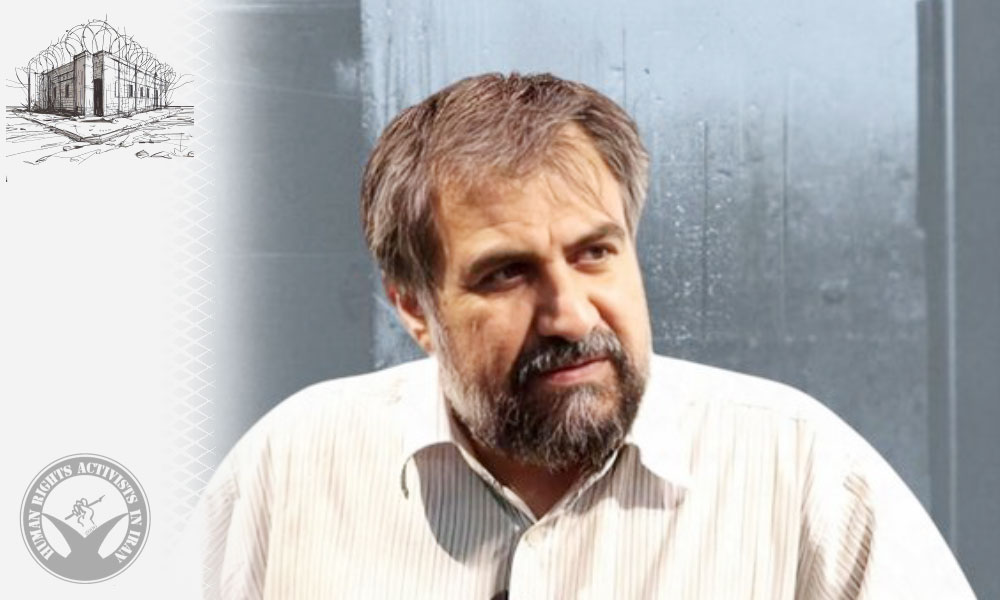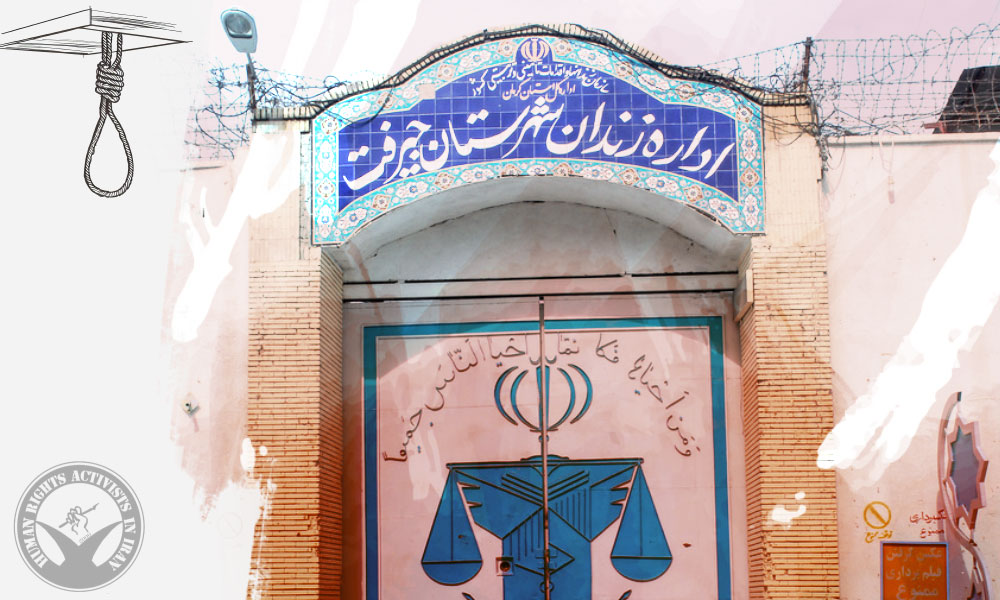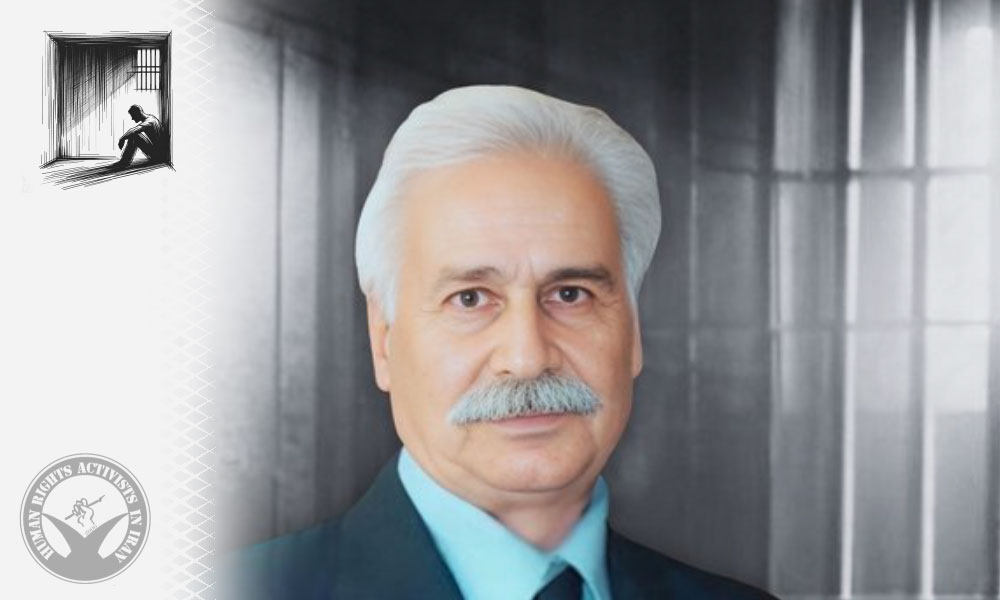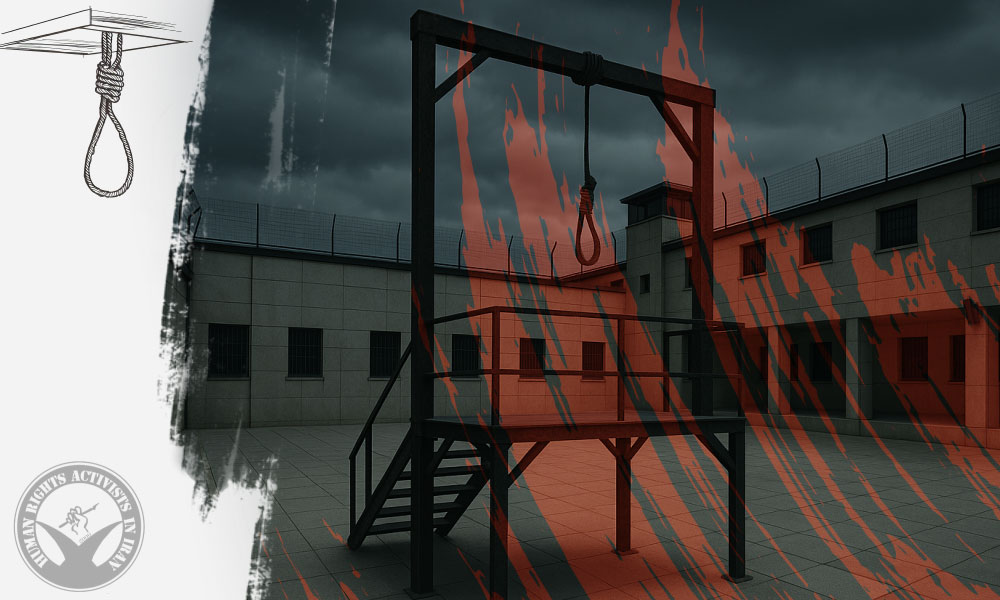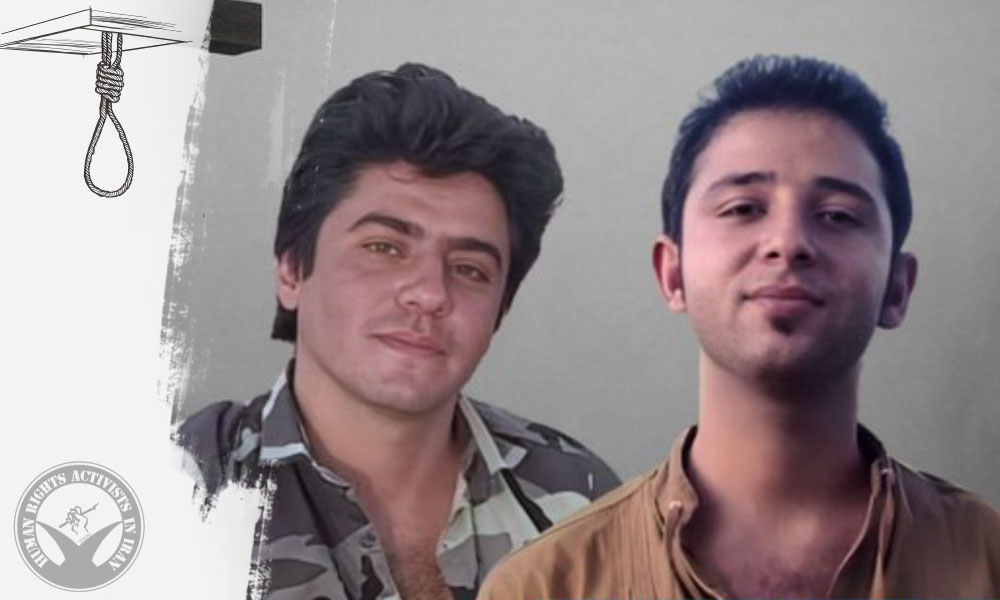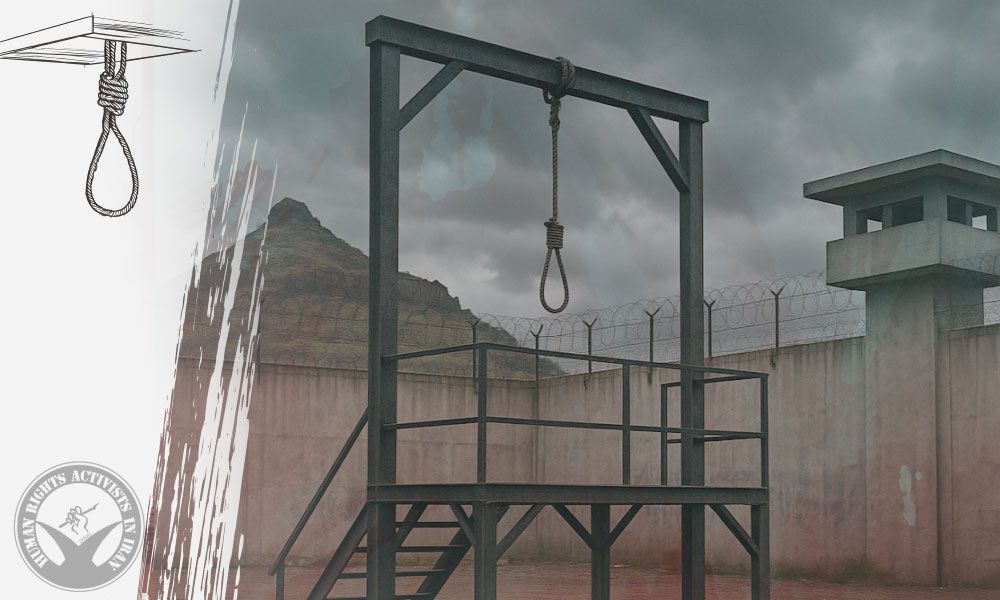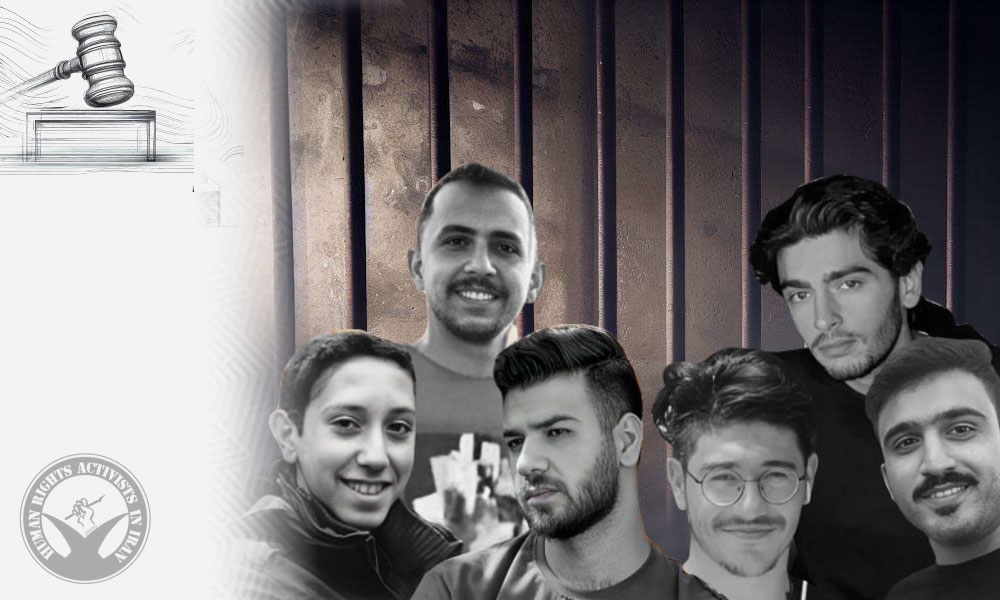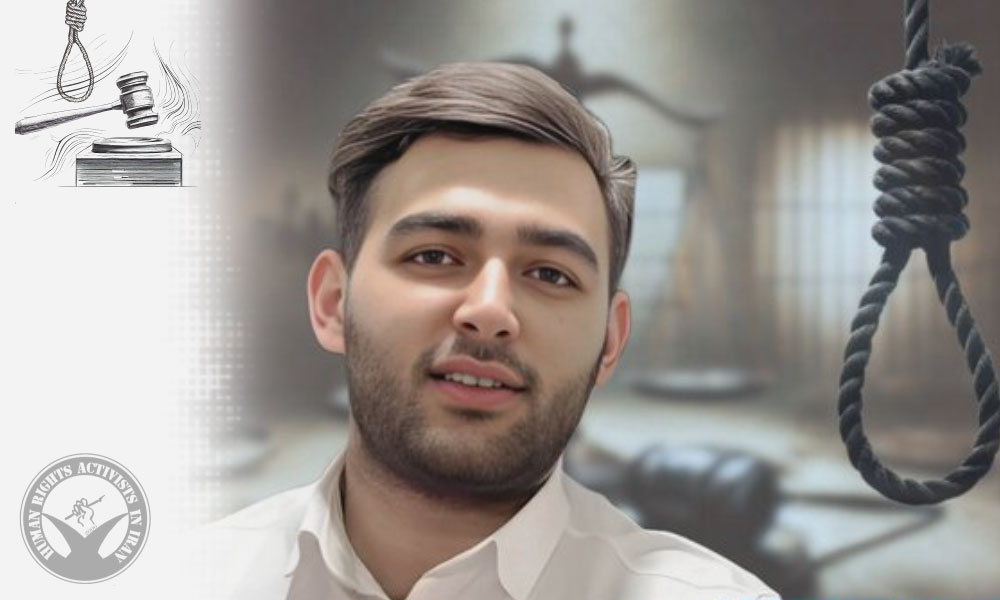HRANA – A defense lawyer in the “Ekbatan residential complex” case has confirmed that the Supreme Court has overturned the death sentences issued for all defendants. The case has been referred back to Branch 1 of Tehran Criminal Court for retrial. Previously, Milad Armoun, Alireza Kafaei, Amir-Mohammad Khosh-Eghbal, Navid Najaran, Hossein Nemati, and Alireza Barmarz Pournak had each been sentenced to death.
The lawyer told HRANA that the Supreme Court accepted the appeals submitted by defense teams and, citing significant ambiguities in the case, annulled the death sentences and returned the file to the Criminal Court for retrial.
He also addressed the status of four defendants who had earlier been released on bail, noting: “Since their two-year detention period has ended, it is expected that after the case is referred back to the Criminal Court, their detention orders will also be revoked upon acceptance of bail.” He expressed hope that these defendants, who face similar circumstances, would soon be freed while legal proceedings continue.
In November 2024, Branch 13 of Tehran Criminal Court had sentenced the six defendants to death in the so-called “Ekbatan case.”
The case stems from events in early November 2022, during the nationwide protests, when a Basij member named Arman Aliverdi was killed in the Ekbatan residential complex. Following the incident, security and police forces arrested at least 50 young residents of Ekbatan, with indictments issued against 14 of them.
In May 2023, the Judiciary’s spokesperson announced that three defendants in the “murder of Arman Aliverdi” case had been charged with moharebeh (enmity against God) through the use of bladed weapons and with actions against national security. The indictment accused them of moharebeh, “participation in intentional murder,” and “disrupting public order and peace.”
In late October 2023, after four hearings, the court declined to return the case for further investigation. Instead, Branch 13 of Criminal Court One assumed responsibility to carry out supplementary inquiries, accelerate the proceedings, and determine the legal status of the defendants. Part of the case was also referred to Branch 15 of the Tehran Revolutionary Court.
Four of the defendants, Hossein Nemati, Alireza Barmerz Pournak, Alireza Kafaei, and Amir-Mohammad Khosh-Eghbal, were released from Ghezel Hesar Prison on bail in February 2024. At the time, attorney Payam Derafshan stated that Milad Armon, Seyed Mohammad Mehdi Hosseini, Mehdi Imani, and Navid Najaran remained imprisoned on moharebeh charges.
On November 2, 2024, the final defense hearing for Armoun, Hosseini, Imani, and Najaran was held in Branch 13 of Criminal Court One on charges of “participation in murder and intentional assault.” The following day, November 3, a final defense hearing was held for Nemati, Barmerz Pournak, Kafaei, and Khosh-Eghbal. These four were arrested the same day and transferred to Ghezel Hesar Prison in Karaj.



